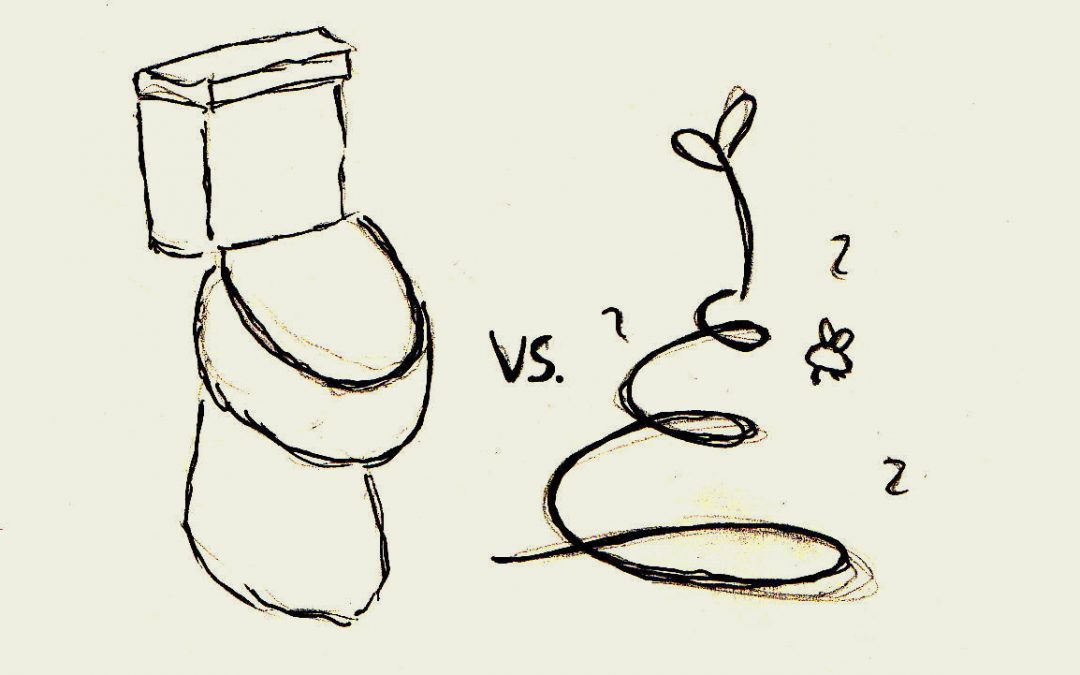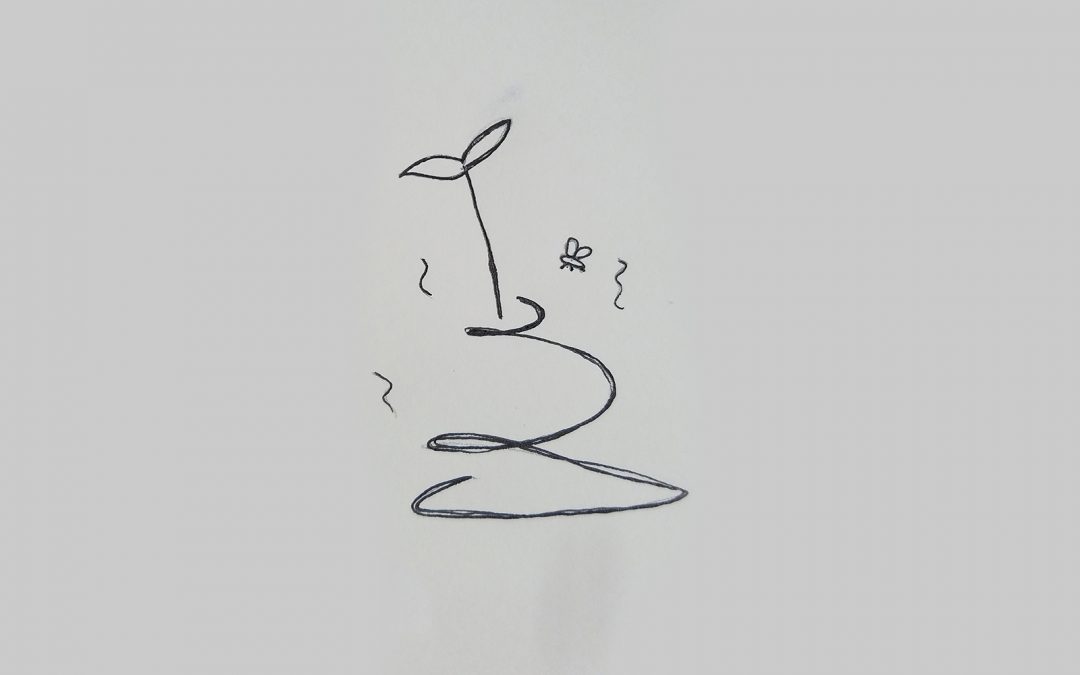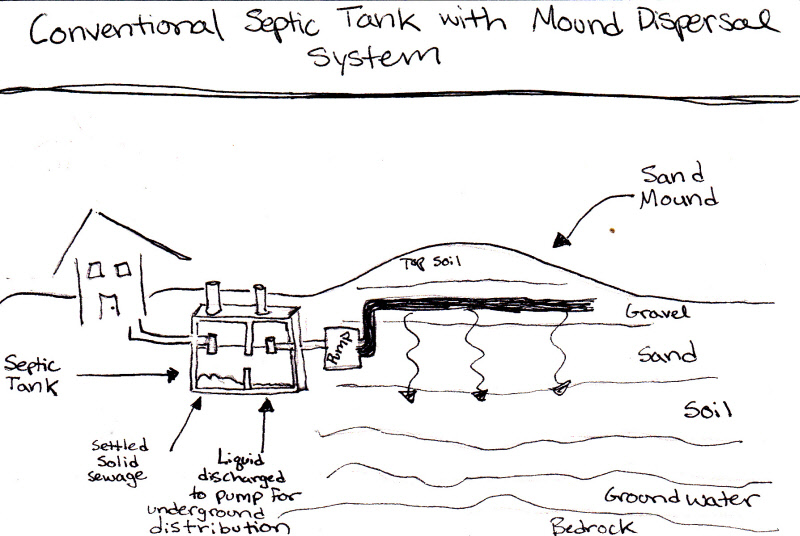
Clivus Multrum vs. Conventional Means of Waste Management
Dear Readers,
If you have read the “Our Waste Goes Where?” blog (and if you have, I applaud you..that was a rough one..) or are familiar with how wastewater treatment generally works, whether it be a septic tank or a treatment facility, you may be wondering how the Clivus Multrum composting toilet and greywater system is beneficially different. I know that I was certainly curious…I mean, the results are similar. Most of the solid and liquid waste, whether flushed or composted in a hole, eventually find their way back into the great world as either fertilizer or drainage. So, what makes the idea of not just specifically the Clivus Multrum system, but a composting toilet in general, so enticing?
Since William and I are looking to build The Seed in a rural area, I am going to directly compare a composting toilet and greywater system to what is most often offered to fellow rural inhabitants…a septic tank.
Composting Toilet
A composting toilet is, for us, preferable to a septic tank for three main reasons.
1) It makes the home, and encourages the inhabitants within it to be, holistically self-sustaining, or, our version of net-zero living. Utilizing a composting toilet allows the home to have a reduced reliance and impact on the physical site it is on.
There is no digging a sand mound, or installing deep in the earth a septic tank. The solid waste that settles in the tank does not need to be pumped out by a big truck, and then subsequently dropped off at a public wastewater treatment facility.
Rather, the solid and liquid waste that the inhabitants generate rest in separate bins until they can be returned to the earth as stable soil fertilizer. The owner or resident (William and I!) can do this themselves with a simple and common tool…a shovel.
A composting toilet also results in a reduction of the home’s overall water usage. If you opt for the standard composting toilet, then you use no water when contributing your waste to compost. None. Even if you choose the foam flush composting toilet, you only use 6 ounces of water per flush. If you are relying on a rainwater pillow for your water supply, this is a HUGE plus…as well as a beautiful help in achieving net-zero living.
The greywater garden for the greywater filtration and distribution would be the only alteration required to the land…and that is because we would physically be planting a garden which would aid in filtration and dispersal. Yay, plants!
Not only would a composting system aid the home in being holistically net-zero, but it would better enable the inhabitants to take account for their own waste. Before researching for the blog, “Our Waste Goes Where??”, I honestly had no idea what happened to my processed nutrients. I figured it went to our septic tank, which I knew had to be pumped once every couple years…but I had no idea that it eventually went to a wastewater treatment facility, and what that process looked like. Someone else took care of it. All I had to do was sit on the toilet, do my thing, and flush. Done. The mess was no longer mine. Because William and I intend to raise children in this crazy idealistic home of ours, we see the composting toilet as a great life lesson for them…in William’s (and a lil’ of Shelby’s words), it will be “teaching our children to not expect other people to clean up their nasty sh…enanigans.”


